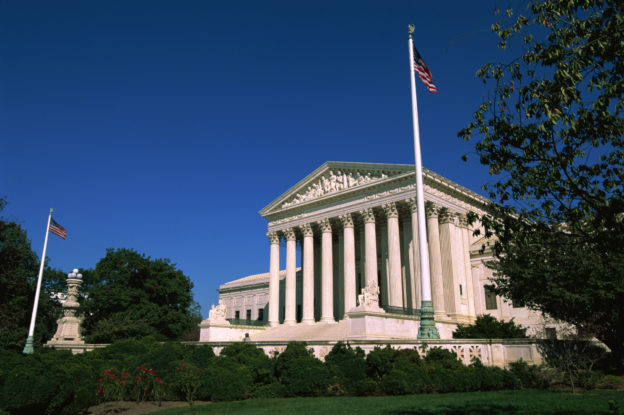
Leslie Perkins
Fresh off the press, the Equal Employment Opportunity Commission (“EEOC”) has issued an important finding this week highlighting key compliance pitfalls for employers under the Americans with Disabilities Act (“ADA”).
On December 18, 2024, the EEOC ordered an Arizona tire company (the “Company”) to pay a former employee $64,500 in damages, in addition to mandating required corrective measures. These steep penalties followed an adverse finding where the EEOC found reasonable cause to believe that the Company retaliated against its former employee and violated the ADA by enforcing a 100% return-to-office policy without engaging in the interactive process for employees requesting a reasonable accommodation. While the EEOC did not publish the details of the reasonable accommodation sought in relation to the return-to-office policy, the EEOC’s order serves as a crucial reminder to employers that their duty to engage in the interactive process remains even when implementing a company-wide policy. Companies should consider, for example, whether a 100% in-office policy will affect employees who may have limited mobility or other conditions that reasonably require them to work from home at least part of the time. Read more















